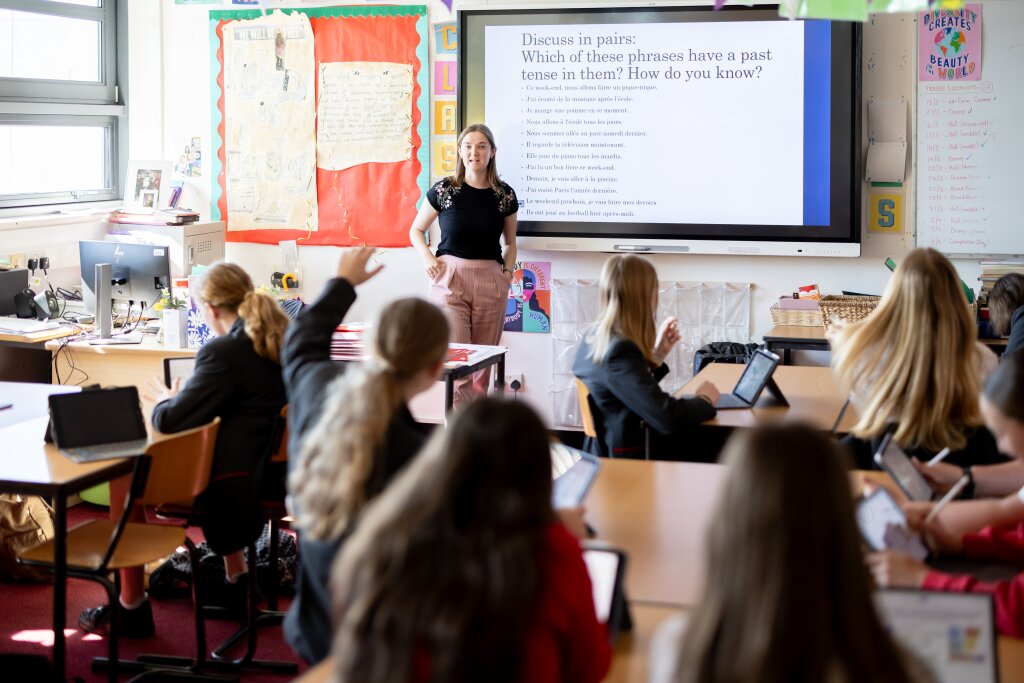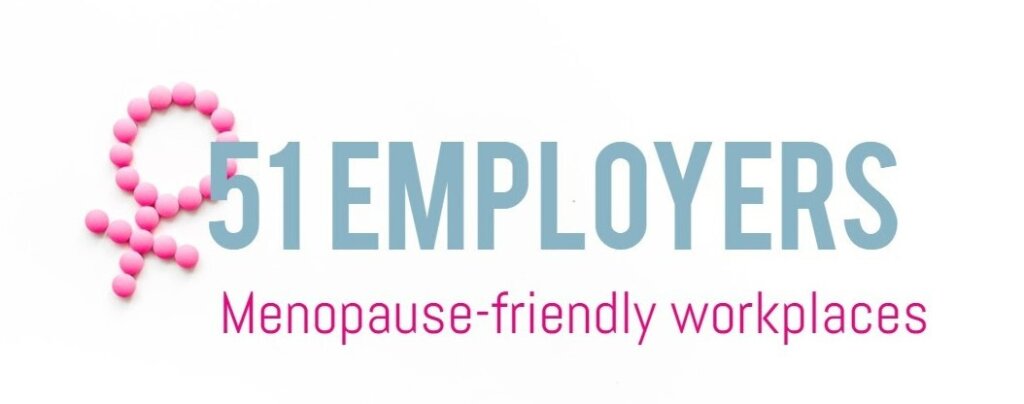Author : | Simon Milner |
Date : | February 2025 |
To be reviewed: | February 2027 |
Principles
Our vision for students completing their studies at JCG is shaped by expectations of excellent behaviours and attitudes that underpin our commitment to counter bullying:
They will have grown as individuals who are well-mannered and able to find fulfilment in their service to others.
They will be thoughtful, open-minded and able to lead.
They will be conscious of the advantages they have enjoyed and of the opportunities and obligations such advantages should bring.
They will want to have a positive impact on their community and the world.
Our College’s most important value is belong: belonging is at the heart of our relational and inclusive approach to building a culture of counter bullying, and to responding to incidents of bullying.
We believe student behaviour and learning is optimised when young people feel safe, listened to and valued. We require all members of our community to act in such a way as to keep themselves, and each other, safe at all times.
In relation to bullying, CYPES adopts the definition of the Anti-Bullying Alliance:
Bullying is a subjective experience and can take many forms. To be classed as a bullying act the perpetrator needs to have a social and premeditated awareness that the act is malicious and will cause physical and or emotional harm.
Bullying, therefore, can be classed as behaviour that is
Emotionally and/or physically harmful
Carried out by an individual or a group
Deliberate and wilful with a premeditated intent to harm
And which
Occurs more than once
Involves a sustained imbalance of power, leaving the person being bullied feeling threatened
Children and young people or adults can instigate bullying and each can be bullied, in any combination. Research shows that two-thirds of children who bully others do so because they themselves are being bullied elsewhere. As such, the College will give due consideration to potential bullying in relation to child-child, adult-child, child-adult and adult-adult scenarios, with reference to our Safeguarding and Child Protection Policy.
We recognise that bullying behaviours can occur in any settings, and we do not view activity to counter bullying as an indicator that a setting has a particular problem with bullying. Instead, we take this to be an indicator that the setting takes the responsibility to counter bullying seriously.
Although we facilitate such approaches to friendship disputes, we recognise that conflict resolution and peer mediation does not work for bullying. Bullying is not a conflict between people of equal power who share equal blame. Facing those who have bullied may further upset students who have been bullied.
See CYPES: Counter Bullying Policy (March 2019) and Countering bullying: Guidelines for Jersey Settings (2019).
Aims
To ensure that all members of our community are safe and are supported to feel safe at College
To respect difference and celebrate diversity in our community, in the hope that all students feel welcomed and valued at College
To ensure that all members of our community understand they have the right to be respected and not to be bullied, and to work in an environment free from intimidation or fear
To articulate our belief that bullying in any form is wrong and should not be tolerated
To encourage students to tell a trusted adult if they, or a peer, are being bullied
To identify, support and manage incidents of bullying behaviours
To provide appropriate support to any student who has been bullied, and to provide appropriate support and challenge to any student who bullies others
To empower students to actively participate in decisions that affect them and to take responsibility for their choices and subsequent actions
Procedures
Students should be encouraged to take responsibility for:
Behaving in a way that is safe, kind and respectful at all times
Challenging unsafe, unkind or disrespectful behaviours in others (‘call it out’)
Reporting any incidents of suspected bullying directly to a member of College staff, or through the report a concern function of the College website: https://jerseycollegeforgirls.com/pages/report-concern
Engaging with support and challenge provided to students who have been involved in incidents of bullying (see Appendix 3)
Parents have responsibility for:
Working in partnership with the College to support its aims to promote safe, kind and respectful behaviour
Attending the College for any meetings requested regarding their child’s behaviour
Passing on any concerns about possible incidents of bullying to a member of College staff (e.g. Form Tutor or Head of School)
All staff, including subject teachers, have responsibility for:
Role modelling safe, kind and respectful behaviours at all times
Leading, promoting and sustaining a culture of safe, kind, respectful and excellent behaviour for learning in any lesson, activity, event or area of the College for which they are responsible
Referring any concerns about a student’s safety immediately to the Designated Safeguarding Lead
Referring any suspected incident of bullying to the relevant Head of School (see Appendix 4)
Responding to any signs of possible bullying that constitute a ‘serious incident’ as outlined in Appendix 4
Understanding the College’s approach to bullying, as outlined in this policy, and the nature of bullying as outlined in Appendices 1 and 2
Appreciating that warning signs such as an unwillingness to participate, social isolation and apparent oversensitivity to comments and praise can all be possible indicators of bullying (as well as other matters)
Tutors have responsibility for:
Using morning registration to provide students with the opportunity for a daily well-being check with a member of staff who knows them well
Knowing their tutees well, and passing on any concerns (occasioned by a change in presentation) to the Head of School
Contributing to student learning about safe and positive behaviours (including counter bullying) through delivery of the tutor programme
Monitoring the wellbeing of students who have been involved in incidents of bullying, and contributing to the longer-term provision of support as directed by the Head of School
Heads of School, in partnership with their Assistants, have responsibility for:
In collaboration with the Assistant Headteacher (Student Guidance/DSL), investigating any alleged incidents of bullying to determine whether the behaviours should be recorded as bullying (all other behaviours to be addressed in accordance with the Supporting Student Behaviour Policy)
Where bullying has taken place, engaging with the parents of both students who have been bullied and students who have bullied to enlist their support and provide them with/signpost them to support
Co-ordinating, monitoring and reviewing support for students who have been bullied and students who have bullied (see Appendix 3)
Co-ordinating support for other students involved in incidents of bullying (see Appendix 2), including reminding all students of the College’s ethos and values
Leading the provision of the pastoral curriculum (including counter bullying) within their School
Head of PSHE has responsibility for:
Ensuring that the PSHE curriculum (Years 7-13) empowers all students to understand the nature of bullying - including online bullying, e-safety and LGBT+ inclusion - and the College’s counter bullying ethos and agenda
Senior Leadership Team has responsibility for:
Leading, promoting and sustaining a culture of safe, respectful and excellent behaviour for learning across the College
Leading the College’s response to any serious behaviour incident (see Appendix 4) Contacting the police should their support and intervention be required
Assistant Headteacher (Student Guidance/DSL) has responsibility for:
Serving as the College’s designated counter-bullying lead (and, in line with the recommendations of the Anti-Bullying Alliance, combining this with the role of Senior Mental Health Lead)
Maintaining an ethos and agenda of counter bullying across the College
Helping all staff to develop and maintain the knowledge and understanding needed to fulfil their responsibilities as outlined in this policy
Supporting the Heads of School to respond to any incidents of bullying, and ensuring the Principal is kept informed
Ensuring all confirmed instances of bullying are recorded as such on SIMS, and that parents are aware when their child’s behaviour is designated as bullying
Co-ordinating the involvement of external agencies in the College’s counter bullying work, for example onward referral to CAMHS
Reporting on counter-bullying activities to the Wellbeing Sub-Committee of the Governing Body
Reviewing this policy
Vice Principal has responsibility for:
Leading the College’s commitment to applying student voice to decisions and polices, including those relating to counter bullying
Principal has responsibility for:
Ensuring the Counter Bullying policy is implemented and that all staff are aware of the policy and know how to deal with incidents of bullying
Reporting to the Governing body about the effectiveness of the counter bullying policy on request
Governors have responsibility for:
Supporting the Principal in the oversight of this policy
Monitoring incidents of bullying as reported to the Wellbeing Sub-Committee by the Assistant Headteacher (Student Guidance/DSL)







